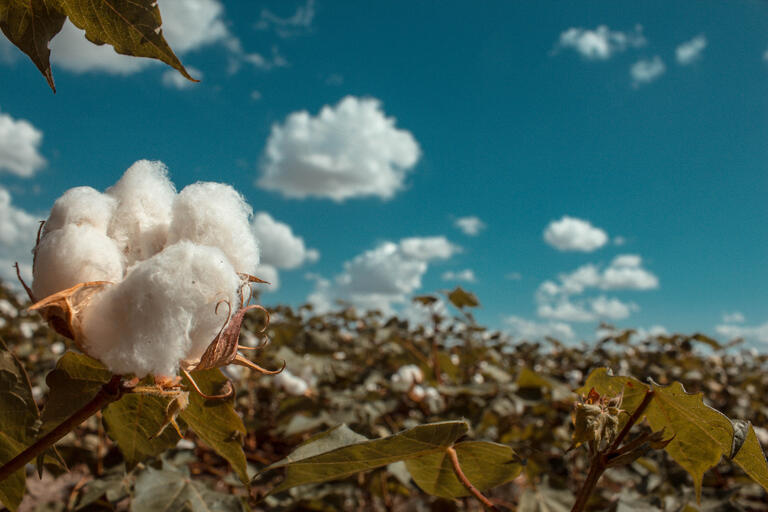Each day will feature presentations, opportunities for Q & A with speakers, and discussions.
Discussions will be facilitated by Alan Karras (Associate Director of International and Area Studies at UC Berkeley) and Shane Carter (ORIAS Program Coordinator).
Wednesday, June 2
9:00 AM - 12:30 PM
The Other Slavery
Andrés Reséndez
Our opening talk explores the system of bondage that targeted Native Americans, a system that was every bit as terrible, degrading, and vast as African slavery. Anywhere between 2.5 and 5 million Native Americans may have been enslaved throughout the hemisphere in the centuries between the arrival of Columbus and the beginning of the 20th century. And, interestingly, in contrast to African slavery which targeted mostly adult males, the majority of these Indian slaves were women and children.
What is the difference, if any, between slavery and forced labor and why does it matter?
Bernard Freamon
This talk will trace the legal histories of both slavery and forced labor, focusing particularly on the Middle East, East Africa, and Southern and Southwestern Asia. Professor Freamon will stake out the legal differences between the practices and comment on implications for contemporary examples.
Forced Labor in Xinjiang
Laura Murphy and Nyrola Elimä
The People’s Republic of China (PRC) has placed as many as 1.6 million indigenous Uyghur and Kazakh citizens from the Xinjiang Uyghur Autonomous Region into what the government calls “surplus labor” and “labor transfer” programs. Researchers have determined that these programs are constitute state-sponsored forced labor by international law, and at least one survivor of the programs has called the experience "slavery." The government claims that these programs are in accordance with PRC law and that workers are engaged voluntarily, in a concerted government-supported effort to alleviate poverty. However, significant evidence – largely drawn from government and corporate sources – reveals that labor transfers are deployed in the Uyghur Region within an environment of unprecedented coercion, undergirded by the constant threat of re-education and internment. This presentation will explore the situation in the Uyghur Region, as well as the rationale for determining these programs to be forced labor, in an effort to build participants' understanding of this expansive systematic state-sponsored forced labor regime.
Thursday, June 3
9:00 AM - 12:30 PM
“Justice to India”: The Questions of Slavery and Freedom in the British Indian Ocean World, 1833-1900
William Skidmore
This talk will examine the antislavery discourses on slavery in India, which arose after the British government passed the Slavery Abolition Act in 1833. The Act abolished slavery throughout most of the British empire, but it included one specific exception. Section LXIV of the Act announced, “That nothing in this Act contained doth or shall extend to any of the Territories in the Possession of the East India Company, or to the Island of Ceylon, or to the Island of Saint Helena.”
Professor Skidmore will show how this exemption led American and British abolitionists to investigate slavery in India for markedly different reasons. While the British conducted their investigations because of growing concerns that slavery continued within their empire, Americans surveyed British India hoping to find a source of “free-grown” cotton that would challenge the monopoly southern slaveholders held over the global market. Regardless of their motivations, these explorations led to the same baffling conclusions. Because they had underestimated the scope and variety that bondage took in the Indian Ocean, moral certitude gave way to confusion and contention. Additionally, these efforts helped generate bodies of knowledge that irrevocably turned the familiar problem of slavery into the bewildering problems associated with enslavement in all its varieties today.
Remembering Slave Revolt and Resistance in Haiti
Alyssa Goldstein Sepinwall
This talk will introduce instructors to resources they can use to teach students about how enslaved people in Haiti and other Caribbean colonies resisted the French slave system. Prof. Sepinwall will share classroom-ready resources on resistance. She will also discuss her new book Slave Revolt on Screen: The Haitian Revolution in Film and Video Games, which focuses on how slave revolt is remembered in popular culture.
Russian Serfdom, American Slavery, and National Identity in the Post-Emancipation Era
Amanda Bellows
What is the relationship between forced labor, servitude, and national identity? To answer this question, we will compare American slavery and Russian serfdom, two contemporaneous systems of unfree labor. We will analyze textual and visual images from the post-emancipation era to understand how representations of Russian peasants and African Americans shaped concepts of national identity after abolition.
Friday, June 4
9:00 AM - 12:30 PM
Unfree Labor in the Vietnamese Sex Industry, 1920-1945
Christina Firpo
During the late colonial period, northern Vietnam had a bustling market for "unfree labor," a common practice across multiple industries in which workers were not recompensed for their labor and, for a variety of reasons, remained stuck in their place of employment. In this talk, Dr. Firpo will examine two forms of unfree labor--debt bondage and human trafficking--as they relate to the sale of sex. She finds that the colonial state appropriated rhetoric about unfree labor to police all forms of sex work, including voluntary sex work.
Enslavement, Coercion, or Exploitation? Understanding Labor Trafficking in the Modern Supply Chain
Monica Ketchum
Our modern lifestyle is supported by exploitative labor practices throughout the world as global supply chains make it increasingly difficult to discern where products, or their components, originate. From the cobalt mines in Democratic Republic of Congo, to the cotton fields of Uzbekistan, to candy peddlers in California, enslavement, coercion, and exploitation can be found in from the extraction of raw materials to the distribution of finished goods around the globe. Even when NGOs and governments call for economic sanctions and prosecution, demand for smartphones, fast fashion, and a convenient snack perpetuate the cycle of labor trafficking. Through examination of three case studies, students can gain insights into how the supply chain works, understand how consumer choices contribute to exploitative labor practices, and develop strategies to address labor trafficking, locally and globally.
Alan Karras facilitating a closing discussion for participants.

